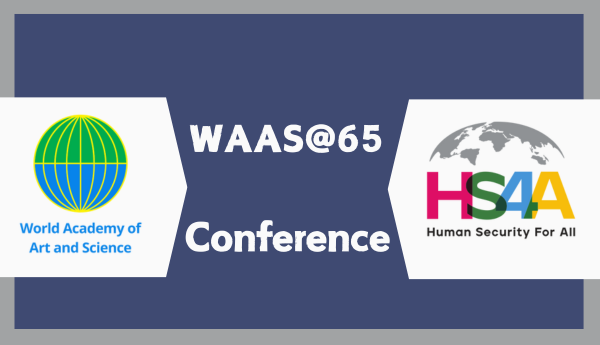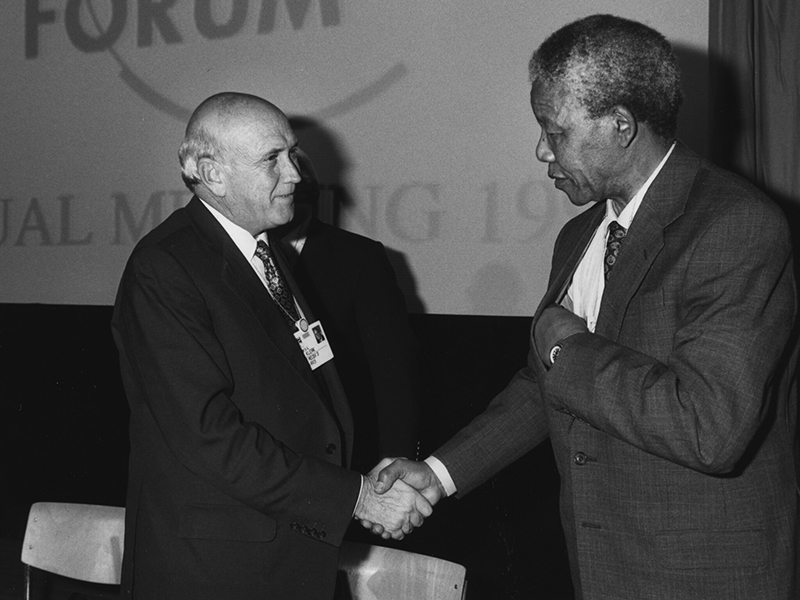 |
Russell-Einstein Manifesto, World Court case and Rainbow Warrior bombing
|
 |
On July 13, 2020 a web meeting of eminent global thinkers, leaders and organizations is being convened by the Nizami Ganjavi International Center and the World Academy of Art and Science to forge a global alliance for action appropriate to the urgency and magnitude of the eminent, ever-present, tangible threats to global human security and wellbeing. The webinar will be conducted twice during the day at 12 pm CET and 4 pm CET and will include a panel discussion among groups of world leaders and eminent thinkers.
“ We appeal as human beings to human beings: Remember your humanity, and forget the rest.”
Sixty-five years after it was issued in July 1955, these words of the Russell-Einstein Manifesto still reverberate with wisdom, inspiration, relevance and power.
They seized the attention of diplomats, scientists, artists, intellectuals, and the general public around the world with the alarming existential threat posed by weapons of mass destruction. They are equally valid to depict the far greater magnitude and urgency of the global challenges confronting humanity today.
In the years immediately after their release, they inspired the founding of Pugwash Conferences in 1957 and the World Academy of Art & Science (WAAS) in 1960. And thereafter, their impact snowballed into a growing global movement of calling for steps to eradicate the nuclear threat. While its ultimate aim has yet to be fully achieved, the Manifesto acted as a voice of sanity in a world gone mad by the insane doctrine of mutually assured destruction. It marked a very important shift in thinking from competitive national security to cooperative human security for all.
On the occasion of its 65th anniversary, we convene a meeting to draw inspiration from its message for application in the here and now. Peace and Human Security remain the most critical need and essential quest of humanity at large. In spite of decades of effort, nation states and international organizations have proven incapable of winning the minds and mobilizing the hearts of the human community to address the most urgent threats of our time — political, economic, social, cultural and ecological.








